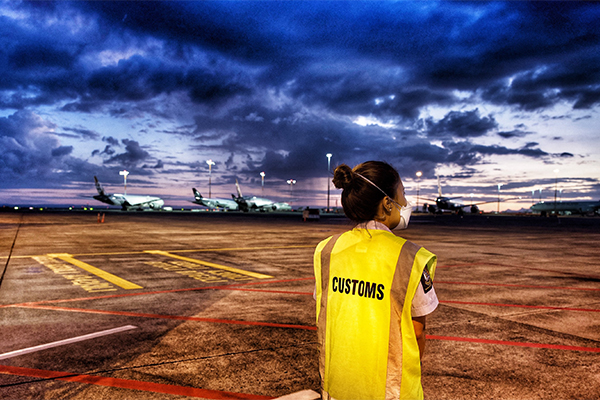Medium-Large Organisation Highly Commended

Insights that offer a better understanding of the diversity of public servants are helping Te Kawa Mataaho Public Service Commission build a unified Public Service that reflects the people it serves and fosters an inclusive workplace.
Te Kawa Mataaho Public Service Commission provides leadership and oversight of the public service.
Te Kawa Mataaho Deputy Commissioner, Strategy and Policy, Hannah Cameron says the commission's work across diversity, equity and inclusion (DEI) is guided by its vision of a world-leading Public Service that delivers better outcomes and services for all people in Aotearoa.
“Our Public Service legislation strengthens and supports our DEI commitments. The legislation explicitly requires chief executives to pursue fairness and diversity and to foster a workplace that is inclusive for all,” says Hannah.
“Papa Pounamu is the diversity and inclusion programme for the Public Service and we’ve made some good progress – but we know there’s more to do. We want all our people and the people that we work with, and for, to feel valued, supported and respected.”
While the Commission has publicly reported on diversity demographics based on human resources administrative data since 2000, it wanted to better capture information across more diversity dimensions and understand how people felt about inclusion.
To achieve this, it developed Te Taunaki | Public Service Census, a survey of approximately 60,000 public servants working in 36 Public Service agencies including New Zealand employees based overseas. The survey questions focused on diversity, inclusion and wellbeing at work, a unified Public Service, and strengthening Māori-Crown relationships.
It was developed with help from a range of agencies and groups across the Public Service, including Stats NZ, Te Puni Kōkiri, Te Arawhiti, Te Taura Whiri i te reo Māori, the Ministry of Business, Innovation and Employment as well as the Office for Disability Issues.
Diverse groups from across the system were engaged via the employee-led networks, particularly the Cross-Agency Rainbow Network. These groups informed the questions that were asked, but also ensured their members understood the importance of taking part by expressing the value in their own words.
“Te Taunaki established the system-wide baseline that we can use to drive change. Getting a better understanding of the diversity of public servants, their experiences, sense of belonging, views and motivations is helping us build a unified Public Service that truly represents the people we serve, where public servants feel they can be themselves at work,” says Hannah.
The Public Service Leadership Team (PSLT) was engaged from the beginning, raising awareness of, and support for, Te Taunaki within participating agencies, and promoting high levels of participation. An overview of the results of the survey were discussed at PSLT meetings, with a focus on what actions should arise from the information.
Papa Pounamu, a PSLT subgroup, was established in 2017 to lead collective improvements in relation to diversity and inclusion and were key champions of Te Taunaki, ensuring it was fit for purpose, and providing advice about how best to increase value to agencies.

“A strong leadership message was sent by Te Taunaki. It went out to 60,000 public servants, and the message was that we are interested in who you are,” says Hannah.
That was reflected in feedback from survey participants who commented on how diversity and inclusion has changed over time in their career, saying,
“Cultural change needs to be led from the top, rather than pushed from the bottom and I'm seeing more of that now than I used to. As a consequence, I do feel more comfortable here than I used to.”
Participants also talked about the role of Te Taunaki | Public Service Census in that journey. The unique value of Te Taunaki was that public servants’ voices were brought together in one place, and these voices were speaking directly to leaders, with participants commenting,
“Thank you for creating a platform that allows staff to share true experiences as a public servant.”


